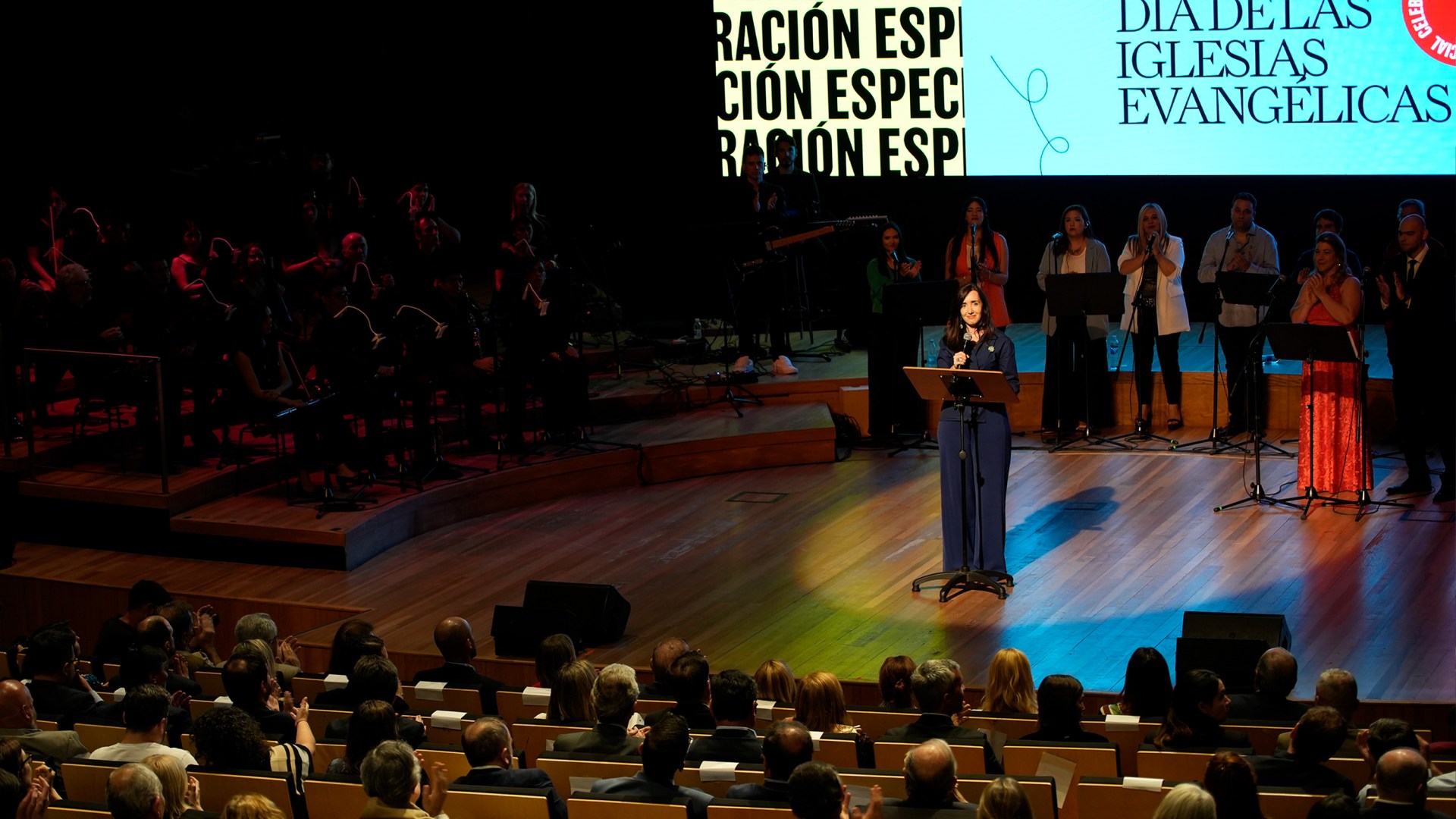The warning issued by the American embassy on October 14 could not have been clearer: US citizens in Lebanon are strongly encouraged to depart now. But this message, coming as Israel increased its attacks on Hezbollah, was only the latest in several weeks of diplomatic efforts to reduce the American presence.
Back on July 31, already fearing an escalation of violence, the embassy was discouraging would-be tourists with its highest of four alert levels: Do Not Travel. For those inside Lebanon, it urged: The best time to leave a country is before a crisis, if at all possible. Major airlines had already canceled flights to and from Beirut, leaving only the national carrier to facilitate evacuation—and its outbound flights were booked weeks in advance.
Ever since Hezbollah—a Shiite Muslim militia designated by the US as a terrorist entity—launched missiles across the border in support of Hamas’s attack last October, foreigners have lived under a cloud of uncertainty that Israel might eventually bomb the airport, as it did in the month-long war in 2006 that left many expats stranded. Americans would have little hope of leaving through Syria, and Lebanon has no official relationship with Israel to permit crossing the southern border.
And then Hezbollah pagers exploded throughout the country.
With dozens dead and thousands injured, the next day, September 18, the embassy warned of a reduction in routine care at hospitals. On September 21, it told citizens the Lebanese government could not ensure their safety, mentioning the possibility of increased crime, sectarian violence, or targeted kidnapping.
And on September 28, one day after a massive Israeli airstrike killed Hezbollah leader Hassan Nasrallah, the embassy sent its nonessential personnel home and opened registration for US citizens to request assistance in leaving.
Several US citizens paid thousands of dollars to place their families on private yachts to nearby Cyprus. Others frantically called Middle East Airlines (MEA) to secure embassy-reserved seats to anywhere else. And among the missionary community, the chatter was incessant: Are you leaving? What are your contingency plans? Will your organization make you go?
Some decided to stay.
CT interviewed four Christian foreigners to learn how they made the decision to remain in times of war.
Each had already endured the constant hum of Israeli drones hovering over their neighborhoods. They learned to distinguish between the noise of warplanes deliberately breaking the sound barrier and the similarly ear-popping sound of a missile strike bringing down a Beirut apartment complex. And some have wondered if they might become a target of random Shiite anger or if the Islamist kidnappings of foreigners during Lebanon’s civil war decades earlier could be repeated.
The sources represent different categories of Christian workers.
A Swiss family living in the foothills outside Beirut believes that angels closed their ears of their children at night, allowing for consistent sleep even when explosions—slightly muffled by the distance—woke the parents consistently at 3 a.m. An Egyptian with Canadian citizenship said the blasts were so loud he sometimes thought they had happened just across the street—only to look out the window and see smoke plumes rising across the valley two miles away, not far from his church outside Beirut.
An American married to a Lebanese woman said that while the bombings did not threaten him directly, he was deeply troubled as each missile resulted in more deaths and displaced families. And a single American woman raised in urban poverty amid gang warfare stated casually, “I grew up rough, but gunshots and bombs are not the same thing.”
A Shared Resilience
This woman, a Black millennial from Ohio, has been granted anonymity because her organization works in other Middle East nations where witnessing to Muslims is illegal. But she was eager to tell her story as an “anomaly” in the missions world.
Her agency, she said, prefers to stay put during a crisis—and pray.
She had been in Lebanon for only six months when the war in Gaza began. Within her circle of 30 foreign Christian friends, only she and her teammates, a couple with two young children, did not evacuate. Most returned to Lebanon, as the war did not initially expand beyond the southern border, and perhaps the time away helped to induce greater calm. Amid the current escalation, several still remain.
Her work is to promote a “tent of praise” movement in collaboration with local churches, emphasizing prayer and worship. But as the violence increased, she bought just-in-case plane tickets for October 15 and remained in daily communication with her organizational leaders in the US. A few days before that date, as MEA shuttled thousands to safety, her American mentors boarded a nearly empty plane to Lebanon to check in on her. The visit strengthened her commitment, which solidified further as she joined 200 Lebanese in worship during a 50-hour vigil. Some spoke in tongues; others, exhausted from dancing, banner waving, and intercessory prayer fell asleep in the pews.
The theme, planned months in advance, was “Rise up, Esther.” And it was “for such a time as this,” she realized, that she was in Lebanon, to stand with the people and petition the King for an end to the war. Inspired by their resilience, she identified with the struggles of the Lebanese—a people exploited by regional powers and valued only for their role in advancing a political agenda. The situation resonated with her Black experience, as she recalled that the history of transatlantic slavery gave her people a similar ability to endure difficult circumstances and yet find hope.
But she stated that many get this war wrong.
“Gen Z is almost completely pro-Palestinian,” she said. “And in Lebanon, I’ve never seen such hatred toward Israel that people will not even speak its name.”
As a child of 9/11, she is amazed at how quickly US attitudes have flipped: One generation was overtly anti-Muslim, the next widely receptive to Palestinian propaganda. Few of her friends in America know that Israel is saving civilian lives by issuing evacuation orders for most of the buildings it then bombs. And fewer, she contended, understand the eschatological place of the Jews in God’s end-times agenda.
Israel is not a godly nation, she said, and God will judge it for its excessive violence in Gaza and Lebanon. But the love of Gentile Christians for Jews must provoke them to jealousy, per Romans 11, for their coming salvation and the peace of Israel.
“Lebanon is entering a new season,” she said. “But my view is not common among believers here.”
Fix What Is Broken
More in line with Lebanese sentiment, another American also remains.
“Israeli aggression threatens our well-being,” said Brent Hamoud, programs officer at Tahaddi, a community-based organization engaged in poverty alleviation. “They will not force us to leave, and staying is a small act of resistance.”
He never even looked up flight schedules.
Tahaddi is located on the edge of Dahieh, the Shiite-majority southern suburb of Beirut where Hezbollah held political and social control. The Israeli bombing campaign targeting militant leaders and infrastructure disrupted the charity’s operations, though its network continues to serve the neighborhood and those displaced from it with food and medical aid.
But Hamoud’s commitment to Lebanon runs much deeper than solidarity and service. His grandparents were missionaries at the evangelical Dar El Awlad orphanage for over three decades, and his father was raised in its care. Hamoud returned in 2007 to follow in their legacy, serving at-risk children for the next 12 years. And Ruth, his Lebanese wife, whom he married in 2012, made it known early in their friendship that her future was in Lebanon.
By 2019, Hamoud felt uncomfortable with the traditional missions model and broke ties with his sending agency. Taking on a local salary was not difficult, as the value of the Lebanese lira enabled a middle-class lifestyle not very different from that in America.
But only a few months later, the failed Lebanese popular revolution against a corrupt political class was followed by the near total depreciation of the currency. Ruth effectively lost her life savings as the lira crashed and banks prohibited the withdrawal of funds. After that, they navigated COVID-19, the 2020 Beirut blast at the nation’s main harbor, and shortages of medicine, fuel, and electricity.
When the bombs dropped across Lebanon, the couple asked themselves, What is one more crisis to endure?
Friends and family back home in Minnesota worried about them, and Hamoud and Ruth took these concerns to heart. But their core needs were provided for, and their children, ages 7 and 9, were emotionally stable. Had the children been experiencing severe trauma, that would have forced them to consider leaving more seriously.
“Our kids know that explosions happen here while there is ice cream in every freezer in America,” Hamoud said. “But we discuss the situation and why this is home, and where God wants us to be.”
Ruth is additionally tied to another 250 children as the early childhood education coordinator for Beirut Baptist School, overseeing dozens of teachers and staff. Their departure from Lebanon would impact many beyond themselves.
Yet the impact of the war is substantial. Hamoud applied the words of Jesus to militant groups anywhere in the Middle East—those who live by the sword die by the sword (Matt. 26:52)—and noted the sabers and AK-47s on their various emblems. He has little sympathy for their plight.
A ceasefire in Gaza, he believes, would have kept the war out of Lebanon—and foreigners here. Prior to the war, neither Hezbollah nor other local actors made their evacuation necessary.
“Stop the fighting,” Hamoud said. “It will open up pathways to fix what is broken—which characterizes so much in the region.”
This Is Our Home
Amid such brokenness, Emad Botros said, is the freedom of Lebanon.
As an Egyptian, Botros values the nation’s open spirit and religious liberty, in comparison to the land of his birth. Much of it rests on what he called the “Christian culture” anchored by historic Christian presence. Botros fears it will be lost if the chaos of war further stimulates Christian emigration; instead, he will stay to strengthen the church.
But as a Canadian citizen, his first impulse was to evacuate.
“Better to leave for six months and come back than to risk the trauma that might prevent you from ever returning,” said Botros, a global staff worker with Canadian Baptist Ministries. “God wants us to serve here but not to be a martyr.”
Botros first came to Lebanon in 2000 as a student at Arab Baptist Theological Seminary (ABTS), where he met Almess, his Iraqi wife. They married in 2004 and spent two years together in Egypt. Over the next decade, they emigrated to Canada when Almess was granted refugee status, they had two children, and they ministered among the local Arab population.
In 2014, Botros returned to ABTS and today is an assistant professor of Old Testament. But in 2020, the seminary transitioned primarily to online education; he could do his job remotely. Botros thought of Almess, who had lived through the Iran-Iraq war and US invasions, and feared another conflict experience might incapacitate her. His teenage sons might suffer long-term trauma. The family spent a few weeks this summer in Egypt just to rest from the stress and sound barrier reverberations.
His older son hated being away. The family returned to Lebanon before the full outbreak of violence, but he yearned to be back with his friends. It would be shameful to leave, the 19-year-old told his father, reflecting a Middle Eastern mentality. We have to show solidarity, said the younger son, a social justice–oriented 17-year-old. Over the past ten years, each had merged their various identities ever more closely with Lebanon.
His wife’s voice was decisive.
“Almess told me Lebanon is our home,” said Botros. “I realized she was right. It was no longer just a mission field—friends were now family, and you don’t leave your family in times of trouble.”
ABTS has since welcomed over 150 displaced individuals onsite, a mix of Christians and Muslims known to its community. Botros’s apartment is a five-minute walk from campus, and he regularly wanders through its gardens, interacting with and encouraging those who have lost their homes.
Many of these are from Resurrection Church of Beirut, where he serves on the pastoral staff. Its building is near the line dividing the Christian and Shiite sections of Hadat, separating Dahieh from the presidential palace. Although the church is undamaged, bombing in the Muslim area has been intense.
“The war is terrible,” Botros said. “I have little mental capacity to work.”
His dissertation on Jonah has fallen by the wayside. But three weeks ago, Botros preached on the wayward prophet, whose preferred solution to the evil of Nineveh was its destruction. God, however, wanted its repentance. Similarly, rival parties in the Middle East speak of wiping each other out. A more biblical perspective, he said, seeks justice with mercy and forgiveness of sins.
“Hamas and Hezbollah militants are still human beings, even though we condemn them—and Israeli actions as well,” Botros said. “Continued destruction will only create a new generation of enemies.”
The Country We Love
Daniel Suter, a missionary from Switzerland, encounters both sides. His Lebanese friends blame Israel for every bad thing that happens; his friends in the West reflexively support everything Israel does. But with tears in his eyes, he said that 2,350 Lebanese had died since the war began, some of whom were relatives of his close friends.
“It breaks my heart,” Suter said. “This is the country we love. It hurts.”
The Youth With A Mission (YWAM) building he served in—until the roads became too dangerous for the 30-minute drive from his home—displays a sign proclaiming Jesus in English and Arabic, with a picture of a cross and a heart in between. It is located in Damour, a Christian village on the coastal highway from Beirut to Sidon, yet every route he could use to get there has been bombed.
Damour was the site of an infamous massacre by Palestinians during the Lebanese civil war. The next village over is still home to some Palestinian refugees, and few Christians will ever set foot there, Suter said. Syrian migrants work the banana groves that stretch from the road to the seashore, resented for receiving aid from international agencies that is less forthcoming for disadvantaged citizens.
YWAM’s community center somehow brings everyone together.
When the war in Gaza began, the YWAM Lebanese leader asked Suter, Is this where God called you? If so, stay. Another foreign missionary left abruptly, citing the mental health of his children. Don’t Lebanese have kids, too? one staffer retorted. The challenging conversations strengthened Suter’s commitment, and he said his local friends were “chill.” They had lived through war before.
His wife Bettina, however, was tightly integrated in the Christian expat community and its constant conversations about whether to stay or leave. They had moved to Lebanon in 2015 and had lived through its many crises with their three young children already. But war was different—I didn’t come to Lebanon to die, she said—and the worry was paralyzing her.
Prayers for guidance brought no clear word from God for either of them, Suter said. So the couple agreed to separate temporarily, as Bettina and the children returned to Switzerland. As the situation stabilized with war concentrated in the south, they came back three weeks later.
Ministry continued normally, and the family spent this past summer in Switzerland for ordinary church visits and vacation. But while they were away, Israel assassinated two adversaries: a top-level Hezbollah militant in Beirut on July 30 and the leader of Hamas as he visited Iran the next day.
Their sending church urged the family to delay their return by a month.
It was a month well spent. Bettina had an encounter with God, Suter said, who asked if she was willing to surrender everything. The experience was gut-wrenching but profound—and it made her ready to return.
Suter also realized he had been rash. He had sent his family away with naive optimism that the airport would not be bombed. Looking back, he said he would not have managed well a separation of months or longer. Contingency planning was necessary, and he prayerfully engaged in it in consultation with Swiss leaders.
The pager attack, one week before their return, only strengthened their resolve. And as they waited at the airport gate on September 23, they received reports that the widespread Israeli bombing had begun. Hundreds of thousands of Lebanese were displaced, now also from Tyre, the Bekaa Valley, and the southern suburbs of Beirut. The war was no longer only in the south.
The family moved into guest housing at the Damour center and joined in caring for the 300 people taking shelter at the village school. Their kids worked as hard as the parents, Suter said, learning the impact of war while still sleeping soundly at night. But when school started, they received the local YWAM office’s blessing to return home and shift their service to another center in Burj Hammoud, a Christian neighborhood in the capital city with many Syrian refugees and displaced Shiites.
And in consultation with their church, they adjusted their evacuation trigger. When Israel began its ground invasion of Lebanon on October 1, local analysis suggested they would remain safe in their home in the foothills; however, if Israeli forces headed north toward Beirut, then the Suters would evacuate to Switzerland.
“Now, I am assessing risk; before, I was ignoring it,” said Suter. “You can cowardly leave or cowardly stay. I want to be here for the right reasons, not the thrill of adventure or fear of boredom back home.”
He hopes his story will encourage prayer for Lebanon, perhaps inspiring others to come and serve. Meanwhile, the missionary from Ohio anticipates the arrival of three new teammates who are already preparing to join her. Hamoud wants Gaza’s Palestinians to have their basic right to life restored. Botros wants concerned Christians, instead of just sending funds for emergency aid, to address the root cause of displacement and lobby their governments to end the war.
None saw themselves as heroes, nor did they blame anyone for leaving.
“The old missions paradigm was to move overseas and die there—I loved that as a youth, and it inspired me to serve,” said Suter. “But staying does not automatically bring God glory. What matters most is faithfulness to God’s leading. There can be phases in our calling.”
















































